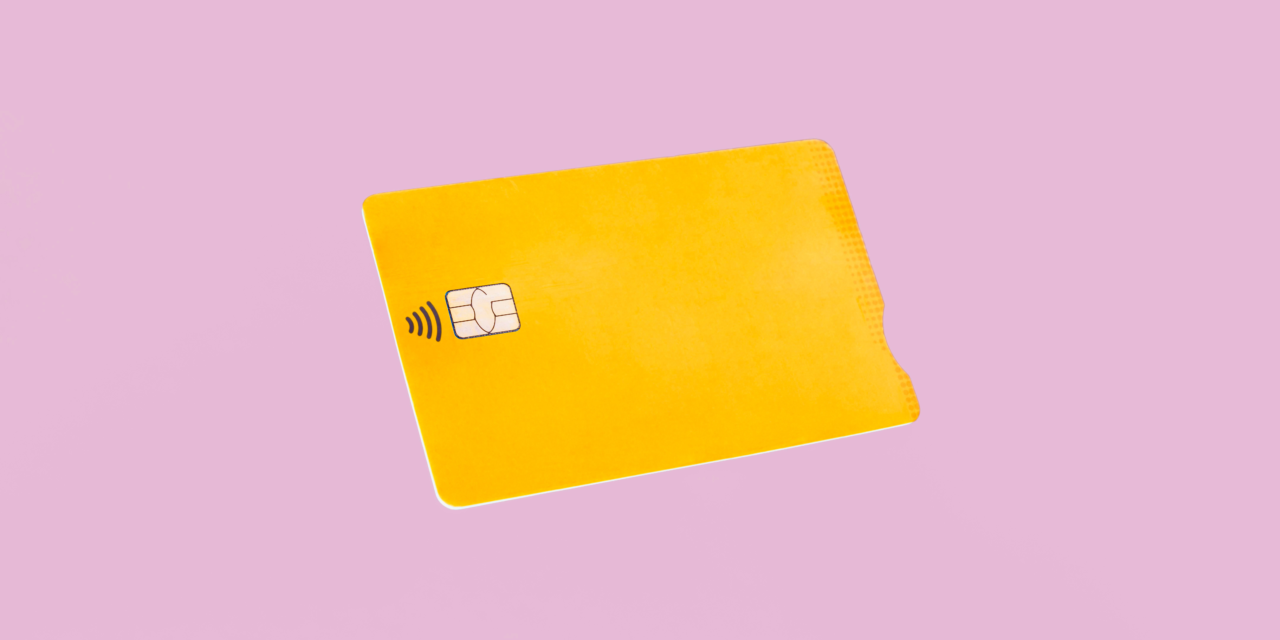Karla Dennis, EA, MST & CEO of The Award Winning Tax Accounting Firm, Karla Dennis and Associates Inc.—Specializing In Tax Planning.
getty
Imagine this common scenario: A business owner starts their company, works diligently and suddenly realizes they need funding to get their company to the next level. Then, when that same new business owner attempts to get that funding, they’re told, “Oh, well you need a personal guarantee,” meaning they need to bring their personal credit into the equation. They might not even need to create this link if they have personal credit, but the creditors request it anyway and the business owner finds themselves back at square one.
So, what’s next?
First, it is important to understand that building business credit is different from building personal credit. Business owners need to establish a credit profile for their business. And that credit profile is established by making sure that your business has an employer identification number (EIN) and a Dun & Bradstreet account.
A Dun & Bradstreet account is a way for business owners to register their company and link their credit profile to a “Dun number.” This is similar to how a personal credit profile is linked to a personal Social Security number. When a business owner creates a Dun profile, they build the profile in part by providing financial information about their business. This information includes items such as a profit and loss sheet and a balance sheet, both of which require a certain degree of proper accounting.
Essentially, business owners need to know how much income they’re making, and if they don’t know the exact amount, they can “project it.” If a business owner calculates their sales trajectory as a $100,000, then they need to make that projection on their profit and loss sheet before projecting out their expenses. This delivers a net profit. An example would be a sheet with the income listed and then expenses such as the phone bill, marketing, utilities, rent and others listed.
In regard to a balance sheet, business owners should think about what assets they have. You likely have a cell phone, a computer and any number of other work-related equipment and materials. These items are examples of a company’s assets, and they give some tangibility to a business. Moreover, business owners creating a profile on Dun & Bradstreet with real or forecasted financials is a real key point for a business to get the funding it needs.
Next, business owners need to get credit under the name of their business, and they can do so with trade lines. Trade lines can be at places as basic as getting a credit card at a local office supply place like Office Depot or Office Max. It should be a credit card for their business, in the name of their business, like an Amazon credit card. The amount does not matter, it can be for a $1,000 or $500, it should be based on what a business can fiscally handle to pay off consistently and on time. Regardless of the amount, once opened, that credit line is your company and EIN’s first line of credit. This is important for the Dun profile because businesses have to list their creditors. The ability to list creditors like Office Depot or Amazon, or even listing other vendors that you use and pay over time, allows you to provide more information to your overall profile.
Businesses can also ask vendors, like their accountants, to give them a letter saying that they are a client and that they pay them on time, similar to a reference letter for credit. Starting a business can require some thinking a little bit outside of the box. Remember, it is really important to pay vendors on time; this is so critical because business owners now want those vendors to supply that reference letter. The more a business owner can put into their Dun & Bradstreet profile, the more updated it becomes, and the more their credit profile grows.
Part of the reason why you create a business is to create a separation between your business assets and your personal assets. The only way someone can do that is to take themselves out of the equation, and building a business and matching credit profile is the way to start.
While it is not immediate, taking these steps will help create a strong foundation and help your business scale to the next level. Once a credit profile is created for a business, and you need to get a credit line or go apply at the Small Business Administration (SBA) that has microloans for small businesses that are starting out, they will typically ask for a Dun number as part of the application.
In addition, business owners may even be able to find funding through a lender like Kabbage, a partner of American Express. You don’t always need to find a large bank, you can often find a lender that specializes in small-business lending.
Here’s the thing, entrepreneurs and business owners, it’s vital to build business credit and create that Dun’s number. It puts businesses on track to securing additional capital to grow their business, hire more employees, do more marketing, etc. Because at the end of the day, as a business owner, it’s all about continuing to grow and put profit in your pocket. And in order to do that, you need to have some extra capital from time to time.
The information provided here is not investment, tax or financial advice. You should consult with a licensed professional for advice concerning your specific situation.
Forbes Finance Council is an invitation-only organization for executives in successful accounting, financial planning and wealth management firms. Do I qualify?
How To Start Building A Credit Profile For Your Business – Forbes




